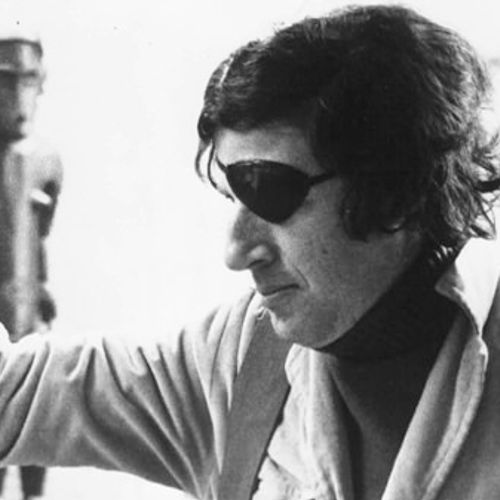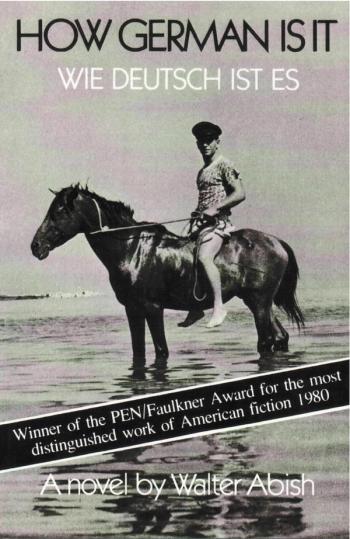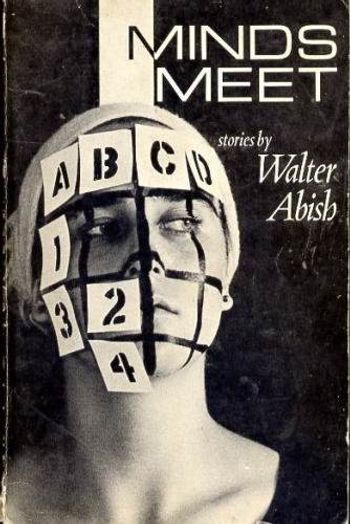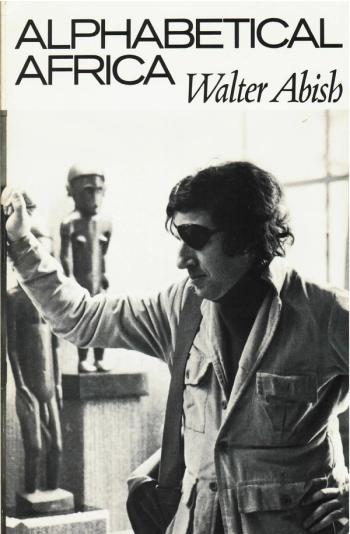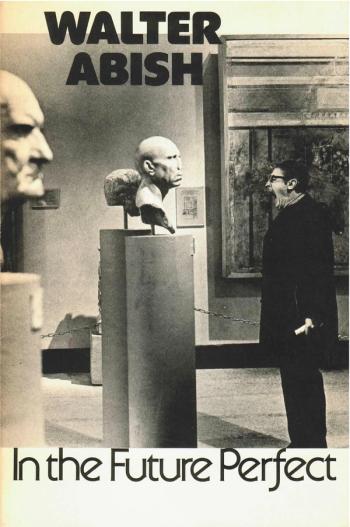Walter Abish
Walter Abish (1931-2022) was born in Vienna but fled from the Nazis to Italy and later to Nice with his family while still a young child. They settled in Shanghai for most of the 1940s, and then relocated to Israel in 1949, where Abish served in the army and developed an interest in literature and writing. He moved to the United States in 1957 and became an American citizen in 1960. He’s taught at several universities in the US, served on the International PEN board, and has won Guggenheim and MacArthur fellowships.
His experimental, cerebral works are not empty intellectual gestures but attempts to find fictional forms with which to express his reactions to the politically and socially unstable moment in which he was born and raised. Of his first book, Alphabetical Africa he wrote, “Feeling a distrust of the understanding that is intrinsic to any communication, I decided to write a book in which my distrust became a determining factor upon which the flow of the narrative was largely predicated.”
